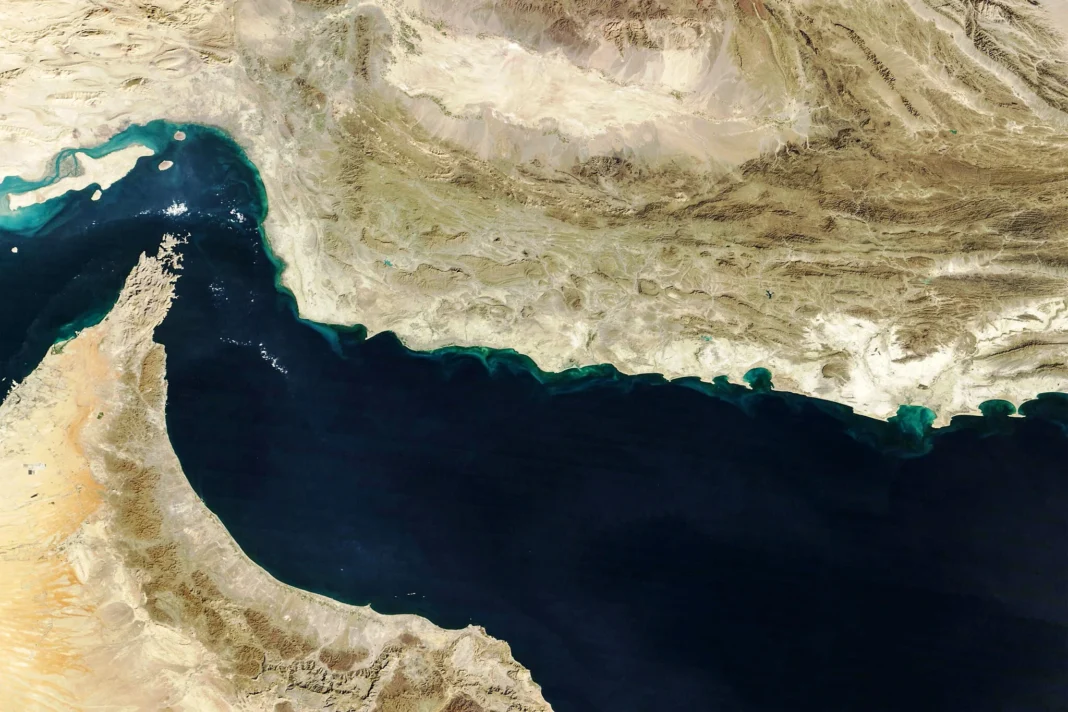Businesses in the UAE, Saudi Arabia, and other Gulf countries are closely monitoring Strait of Hormuz risks. This vital shipping passage remains crucial for global oil and container trade. However, rising regional tensions have sparked concerns about its future accessibility.
“Commercial vessels still navigate the Strait of Hormuz,” said Sajith Marakar, Managing Director of Consolidated Bureau, an Abu Dhabi-based marine inspection firm. “Yet, signs suggest the strait might close, which would disrupt global supply chains.”
If authorities declare the area a war zone, insurers may refuse coverage. This could force many vessels to stop operations until the situation stabilizes. Consequently, shipping companies would need to consider longer and more expensive alternative routes.
Moreover, the Gulf shipping sector is already strained. Last year, attacks by Yemen’s Houthis on Red Sea shipping lanes forced many ships to detour around Africa via the Cape of Good Hope. These longer voyages increased costs and caused delays.
Following a recent U.S. strike on Iran’s nuclear sites, the Iranian Parliament voted to block the Strait of Hormuz. However, this blockade has not yet taken effect. Still, businesses remain cautious as the threat looms large.
Marakar explained that during the Red Sea disruptions, UAE ports saw cargo pileups. Many vessels missed schedules, particularly for destinations like Jeddah. He warned that closing the Strait could delay shipments to Bahrain, Kuwait, Daman, and Qatar.
Furthermore, prolonged disruptions may cause price rises for consumer goods across the Gulf Cooperation Council (GCC) region. To counter such risks, experts suggest exploring trucking options within the GCC.
“The region has well-connected road networks,” said Marakar. “These routes, combined with southern ports in the UAE and Oman, could help maintain supply chains if maritime routes face challenges.”
In summary, Strait of Hormuz risks have Gulf shippers and businesses actively seeking new solutions. Whether through alternate sea routes or enhanced land transport, the region is preparing for possible disruptions. These steps aim to ensure trade continuity despite ongoing uncertainties.





